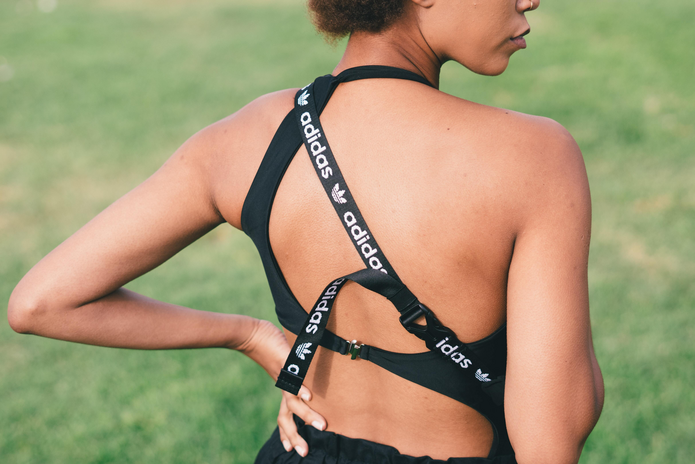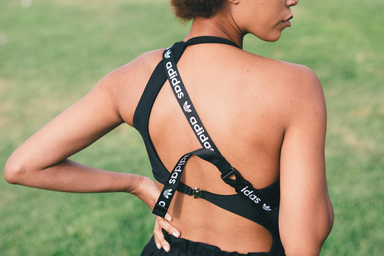Throughout history and with every decade that passes, the meaning behind the word “woman” has steadily evolved. To me, Women’s History Month provides a moment to recognize the overlooked, to celebrate the talented and underrated, all while marking the continuation of a tradition of appreciation.
We are fortunate to be surrounded by countless female athletes, in the Olympics, in our own lives, and in collegiate level sports. At most campuses, it is not unlikely to see women’s sports teams. Many universities are home to women’s dance teams, rugby, softball, basketball, swimming and diving, cross country and track, tennis, and the list goes on. In fact, women make up over half of all collegiate athletes. While it seems so staple and normal, it is a known fact that women weren’t always given the opportunity to even participate in sports. In fact, it used to be entirely unheard of.
Up until 1972, women were prohibited from running the Boston Marathon, a 26.2 mile race. Women were not allowed to run the Boston Marathon because, believe it or not, it was scientifically believed running would cause a woman’s uterus to completely fall out! Because of this and the denial of her entry into the race, 23 year old Bobbi Gibb hid in the bushes near the starting line in 1966 to have the chance to run. In 1967, one year later, Kathrine Switzer attempted to disguise herself by wearing baggy gray sweatpants, hoping to blend in. As soon as the race director had caught sight of Switzer, however, he attempted to chase and wrestle her off the course, all while shouting for her to “Get the hell out of my race!”
Both Gibb and Switzer’s participation and Newspaper publicities from the events, caused them to be recognized and the road was paved for women’s soon to come admittance into the Boston Marathon.
Once women were able to participate in sports, there were was still a lot of sexism existing. That’s why it was a big moment in the 1970s when Billie Jean King defeated Bobby Riggs in a “Battle of the Sexes” match. Other women who have shown tenacity and impacted the world of women in sports are:
Gertrude Ederle, first woman to swim 21 miles across the English Channel in 1926
Althea Gibson (Tennis), the first black player to compete at U.S. Open in 1950
Mary Lou Retton (Gymnastics), the first American woman ever to win gold in the all around event in 1984
Serena Williams (Tennis), won more Grand Slam singles titles (23) than any other woman or man during the open era
Sarah Fuller (Football), the first female to appear on a football field for an SEC school or any Power 5 conference team
Women in sports have continued to make a mark by not only competing but by making a difference. One example is Jordan Marie Daniels.
“I was born in South Dakota and raised with my tiospaye (my family) in Lower Brule and Chamberlain, SD – I was surrounded by my family, my culture, and ceremonies. When I was 9, I moved to Maine, where I struggled with my Indigeneity, as a Lakota woman and as a woman of color in a place that did not have diversity or the culture I was raised in. Feeling like I was walking in two worlds, I wanted to fit in, not stick out and was ashamed. That’s where running showed me, it was about how you show up to the start line and finished – not about the color of your skin. It was a community I felt accepted in.” -Jordan Marie Daniels
Finding her stride helped Jordan Marie Daniels provide her running a new purpose: To raise awareness and draw support for the causes she believes in. Some of the causes she has stood up for include running with a red handprint across her face to signify awareness of the Missing and Murder Indigenous Women Movement, as well as an event in 2020 to run for our relatives and communities hurt by COVID19, and in solidarity for Black lives.
This month is Women’s History Month. The subject of female athletes matters to the world because even though we might not be able to eliminate stereotypes, we can continue to spread awareness and knowledge to limit the negative perceptions of women in sports as well as celebrate how far we’ve come.


